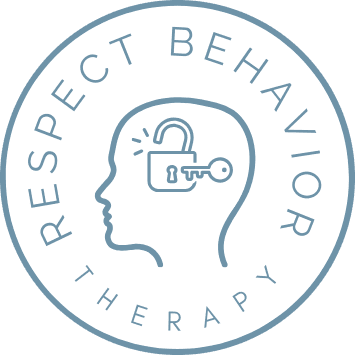How to Identify If a Loved One Is on the Autism Spectrum

Autism Spectrum Disorder (ASD) is a complex developmental condition that affects individuals differently. Recognizing the signs of autism in a loved one is crucial for early intervention and effective treatment. As a leading medical practice specializing in Applied Behavior Analysis (ABA) Therapy, we understand the importance of timely diagnosis and support. In this article, we will discuss common indicators that can help you identify if a loved one may be on the autism spectrum.
What is Autism Spectrum Disorder?
Autism Spectrum Disorder is a neurodevelopmental disorder that manifests during early childhood and persists throughout an individual's lifetime. It affects various aspects of behavior, social interaction, communication, and sensory processing. ASD is a spectrum disorder, meaning its severity and symptoms can vary greatly from person to person.
Early Signs of Autism
Early identification of autism can significantly improve outcomes through appropriate intervention and therapy. Here are some common signs and behaviors that may indicate the presence of autism:
- Social Interaction Difficulties
Children on the autism spectrum often struggle with social interaction. They may avoid eye contact, have difficulty understanding social cues, and exhibit limited interest in engaging with others. They might prefer solitary play rather than interactive play with peers. - Communication Challenges
Delayed or atypical language development is a hallmark characteristic of autism. A child with ASD may have difficulty initiating or maintaining conversations, using gestures, understanding non-literal language, or demonstrating appropriate facial expressions while speaking. - Repetitive Behaviors and Restricted Interests
Individuals with autism often engage in repetitive behaviors or exhibit restricted interests. This can include repetitive movements like hand-flapping or body rocking, as well as intense preoccupation with specific objects or topics. - Sensory Sensitivities
Many individuals on the autism spectrum experience sensory sensitivities. They may be hypersensitive or hyposensitive to certain sounds, textures, tastes, smells, or visual stimuli. These sensitivities can significantly impact their daily routines and ability to cope with different environments. - Difficulty with Transitions
Individuals with ASD often struggle with transitions and changes in routine. They may become upset or anxious when faced with unexpected alterations to their schedule or environment. Predictability and structure can be essential for their comfort and well-being.
Seeking a Professional Evaluation
While recognizing these signs may indicate the possibility of autism, it is crucial to consult with a qualified healthcare professional for a comprehensive evaluation. A medical practitioner specializing in autism, such as a pediatrician, neurologist, or psychologist, can conduct a thorough assessment to confirm or rule out a diagnosis.
The Role of ABA Therapy in Autism Treatment
Once a diagnosis of autism has been made, early intervention is key to improving outcomes and maximizing an individual's potential. ABA Therapy, short for Applied Behavior Analysis, is a widely recognized and evidence-based approach for treating autism spectrum disorders.
ABA Therapy focuses on understanding and modifying behavior using positive reinforcement techniques. It helps individuals with autism develop essential life skills, improve communication, enhance social interactions, and reduce challenging behaviors. ABA Therapy is personalized to meet the unique needs of each individual, ensuring targeted interventions and progress tracking.
Conclusion
Identifying if a loved one is on the autism spectrum requires vigilance, observation, and understanding of the common signs and behaviors associated with ASD. If you suspect a family member or friend may have autism, seeking a professional evaluation is crucial. Early intervention, such as ABA Therapy, can make a significant difference in their overall development, communication skills, and quality of life. At our medical practice, we specialize in providing comprehensive autism treatment through ABA Therapy. Contact us today to schedule a consultation and take the first step toward helping your loved one thrive on the autism spectrum.
